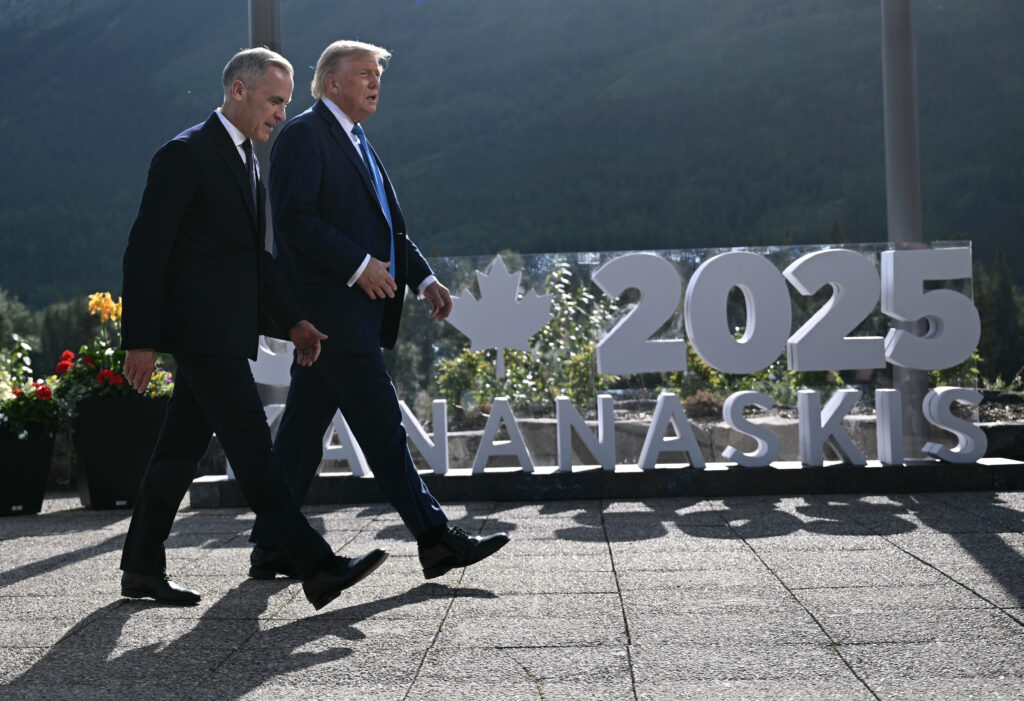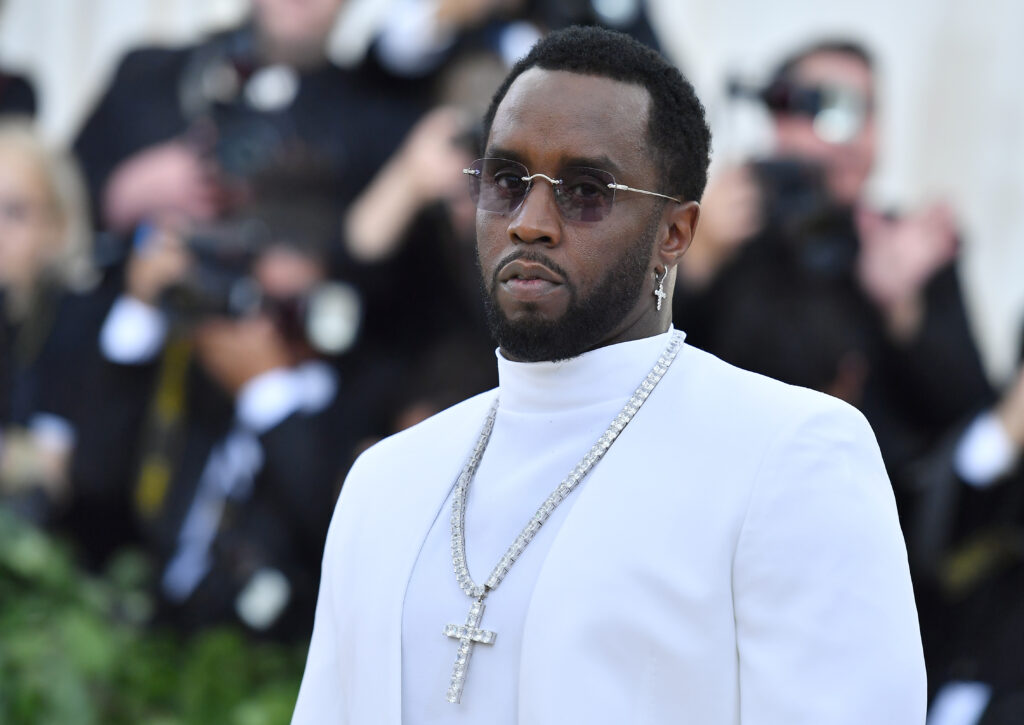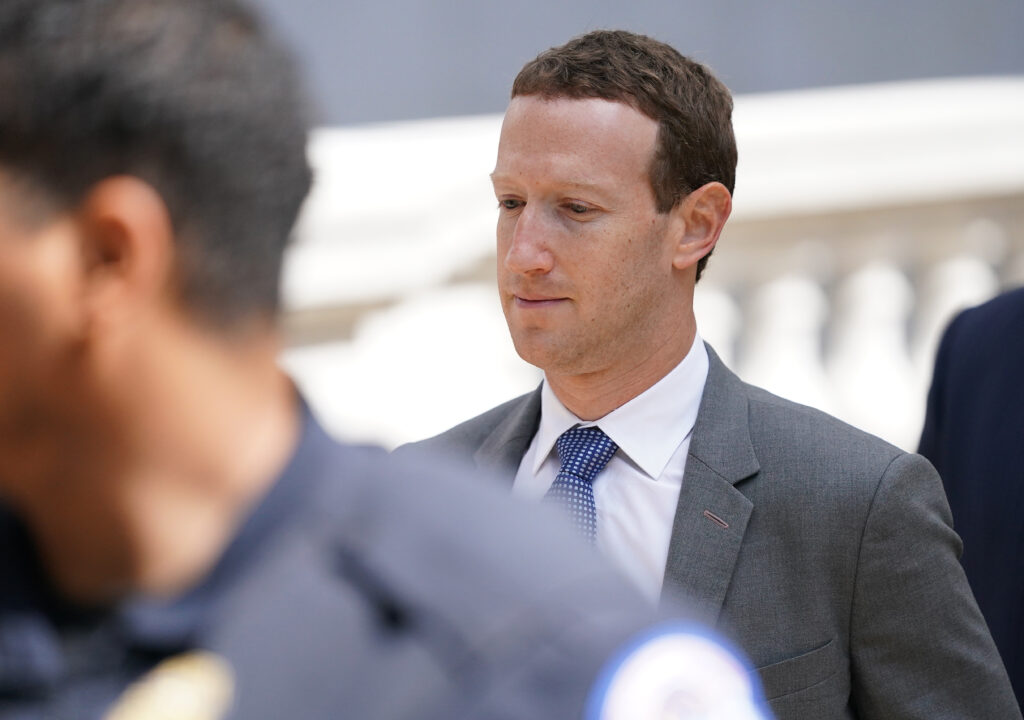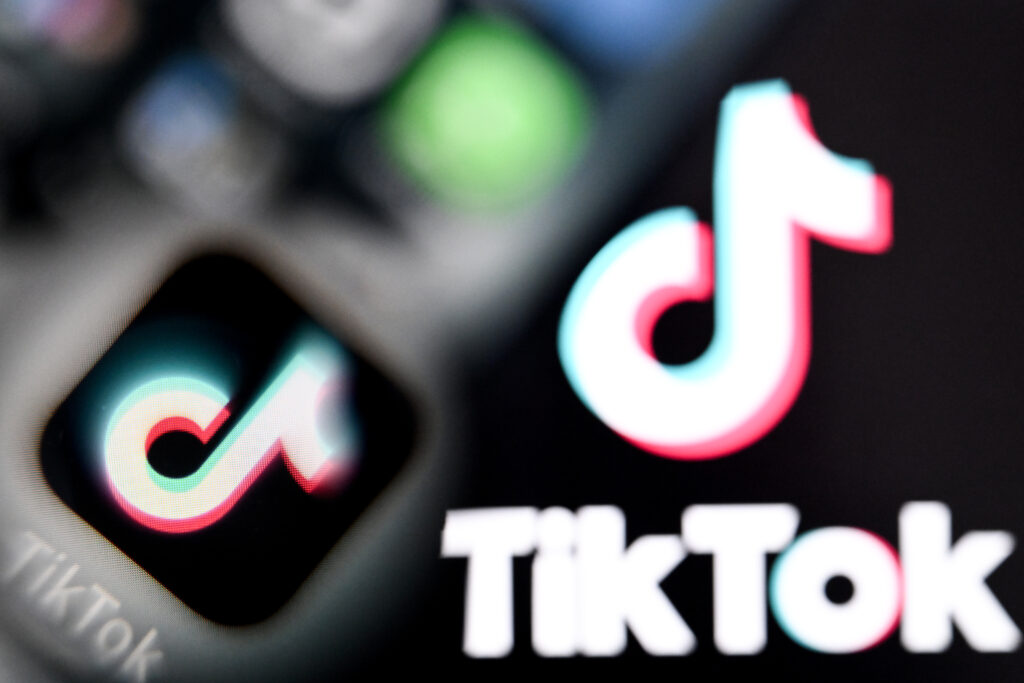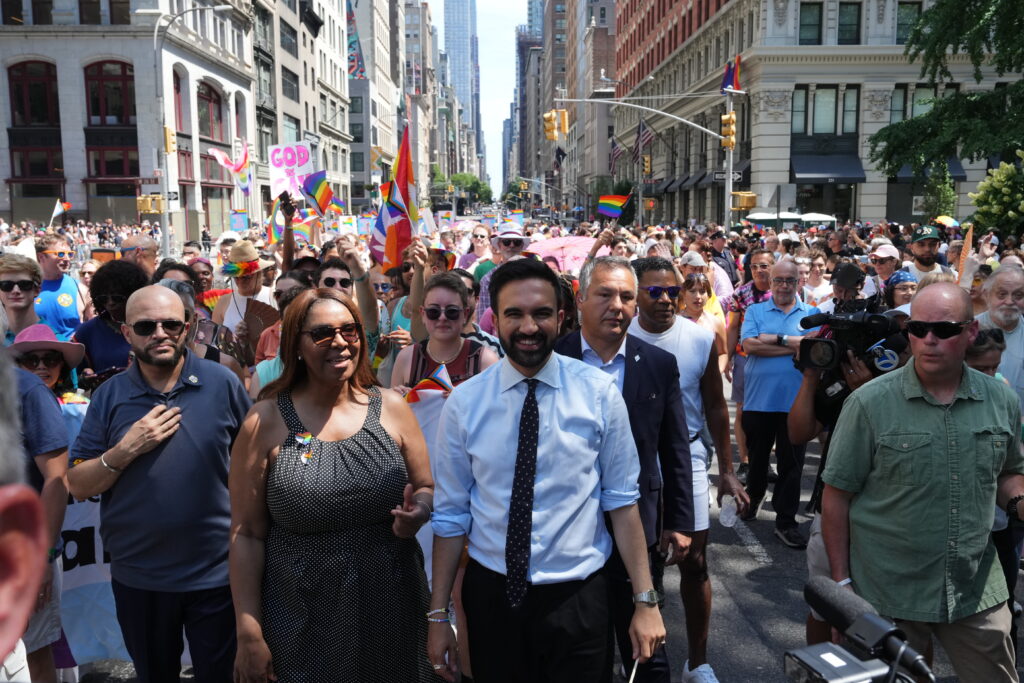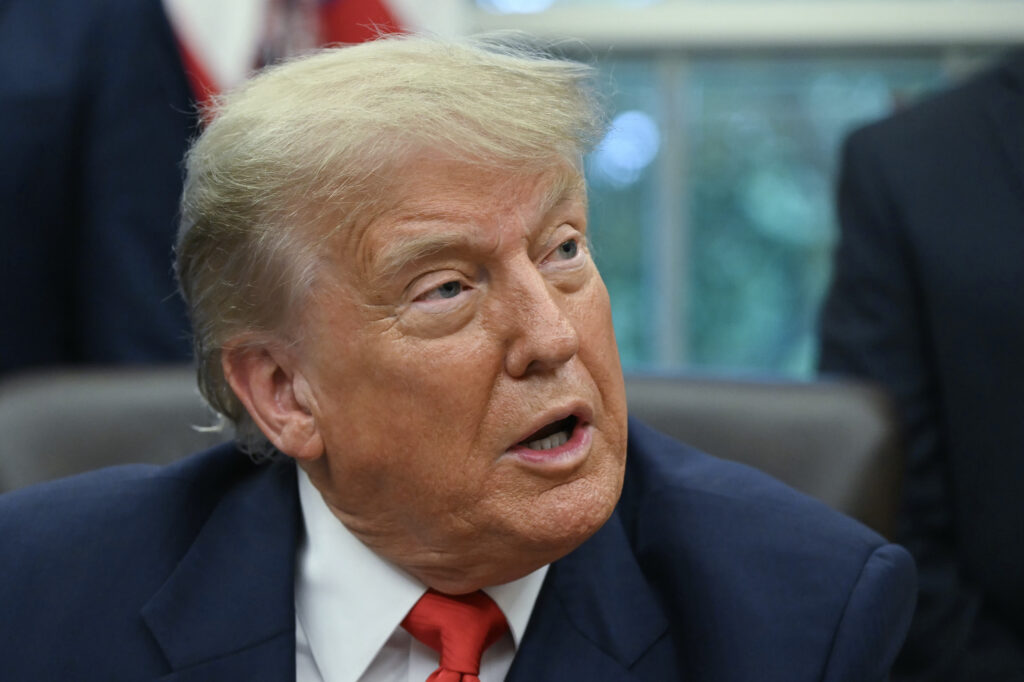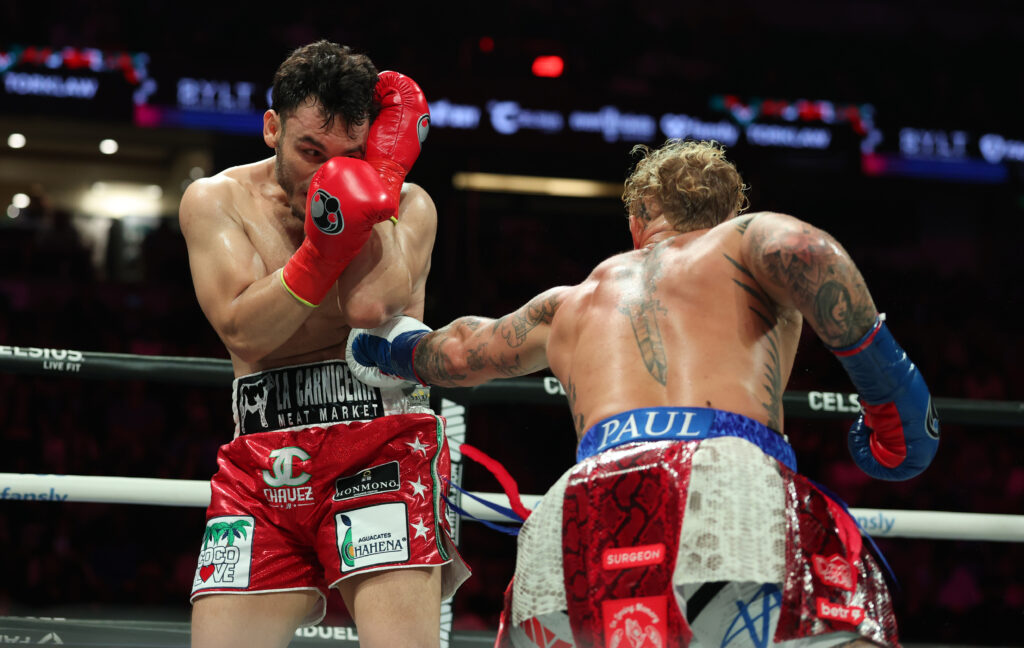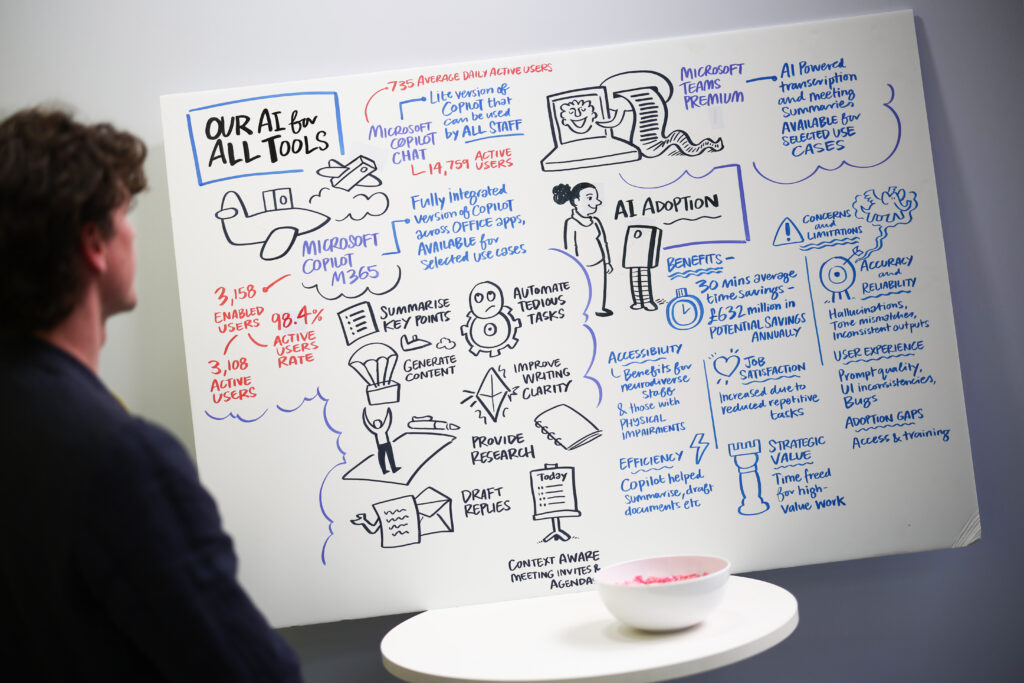Canada rescinds tax on US tech firms in hopes of Trump trade deal
Canada will rescind taxes impacting US tech firms that had prompted President Donald Trump to retaliate by calling off trade talks, Ottawa said Sunday, adding that negotiations with Washington would resume.The digital services tax, enacted last year, would have seen US service providers such as Alphabet and Amazon on the hook for a multi-billion-dollar payment in Canada by Monday, analysts have said. Washington has previously requested dispute settlement talks over the tax — but on Friday Trump, who has weaponized US financial power in the form of tariffs, said he was ending trade talks with Ottawa in retaliation for the levy. He also warned that Canada would learn its new tariff rate within the week. But on Sunday, Ottawa binned the tax, which had been forecast to bring in Can$5.9 billion (US$4.2 billion) over five years.Finance Minister Francois-Philippe Champagne “announced today that Canada would rescind the Digital Services Tax (DST) in anticipation of a mutually beneficial comprehensive trade arrangement with the United States,” a government statement said.It added that Trump and Canadian Prime Minister Mark Carney “have agreed that parties will resume negotiations with a view towards agreeing on a deal by July 21, 2025.”There was no immediate comment from the White House or Trump.US Treasury Secretary Scott Bessent told CNBC on Friday that Washington had hoped Carney’s government would halt the tax “as a sign of goodwill.”Canada has been spared some of the sweeping duties Trump has imposed on other countries, but it faces a separate tariff regime.Since returning to the White House in January, Trump has also imposed steep levies on imports of steel, aluminum and autos.Canada is the largest supplier of foreign steel and aluminum to the United States.Last week, Carney said Ottawa will adjust its 25 percent counter tariffs on US steel and aluminum — in response to a doubling of US levies on the metals to 50 percent — if a bilateral trade deal was not reached in 30 days.”We will continue to conduct these complex negotiations in the best interest of Canadians,” Carney said Friday.He had previously said a good outcome in the talks would be to “stabilize the trading relationship with the United States” and “ready access to US markets for Canadian companies” while “not having our hands tied in terms of our dealings with the rest of the world.”Carney and Trump met on the sidelines of the Group of Seven summit in Canada earlier this month. Leaders at the summit pushed Trump to back away from his punishing trade war. Dozens of countries face a July 9 deadline for steeper US duties to kick in — rising from a current 10 percent.It remains to be seen if they will successfully reach agreements before the deadline.Bessent has said Washington could wrap up its agenda for trade deals by September, indicating more agreements could be concluded, although talks were likely to extend past July.
